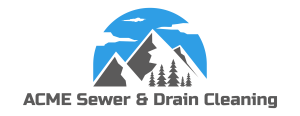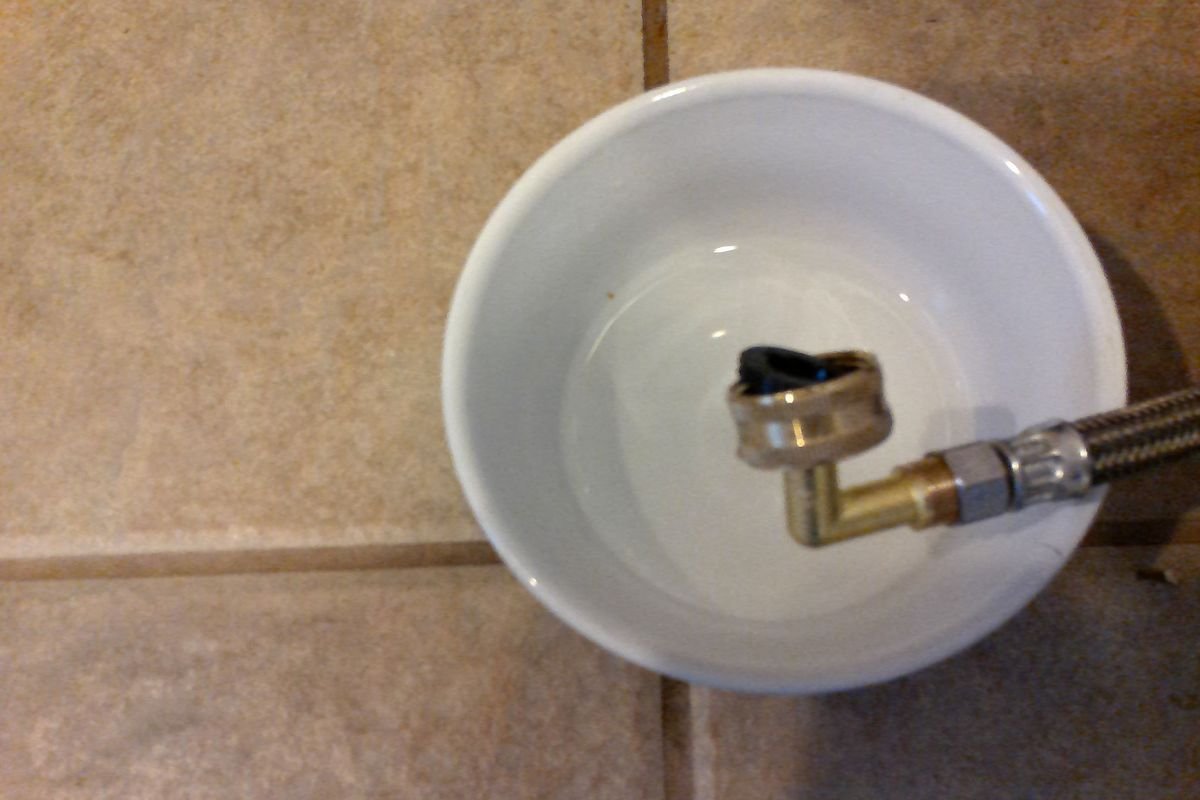5 Tips for Preventing Sewer Blockages: Expert Advice from ACME Cleaning Services in Salt Lake City
Sewer blockages can be a troublesome and costly issue for homeowners. Fortunately, there are preventative measures that can be taken to minimize the risk of these unpleasant occurrences. ACME Cleaning Services in Salt Lake City, a leader in the industry, offers expert advice on how to keep your sewer lines clear. This article presents five essential tips that can help you avoid the inconvenience and expense of sewer blockages.
Key Takeaways
- Dispose of grease and oils properly by not pouring them down the drain, as they can solidify and cause blockages.
- Perform regular drain cleaning to remove buildup before it leads to clogs, using safe and effective cleaning methods.
- Adopt correct flushing practices by only disposing of human waste and toilet paper in toilets to prevent blockages.
- Prevent tree root intrusion by planting trees away from sewer lines and considering root barriers if necessary.
- Schedule regular sewer line inspections and maintenance to identify and address issues early, avoiding major blockages.
1. Proper Disposal of Grease and Oils
Ensuring the proper disposal of grease and oils is crucial for both residential homes and comercial and resturants alike. These substances can solidify within pipes, leading to significant blockages that disrupt sewer systems.
- Never pour grease or oil down the drain.
- Wipe pots and pans with a paper towel before washing.
- Utilize grease traps in commercial settings.
For commercial establishments, regular maintenance of grease traps is not just recommended; it’s essential for preventing costly blockages and ensuring compliance with local regulations.
By adhering to these simple practices, we can collectively contribute to the health and efficiency of our city’s sewer infrastructure.
2. Regular Drain Cleaning
Ensuring your home’s plumbing remains free from toilet clogs and sink clogs requires a proactive approach. Regular drain cleaning is not just a recommendation; it’s a necessity to maintain the efficiency and longevity of your home’s drainage system. By incorporating routine cleaning into your maintenance schedule, you can prevent the buildup of debris that often leads to blockages.
Regular drain cleaning can significantly reduce the risk of unexpected plumbing emergencies and the inconvenience they cause. It’s a simple yet effective way to safeguard your home against the hassles of clogged pipes.
Here are some benefits of regular drain cleaning:
- Prevents the accumulation of grease and waste that can lead to clogs
- Minimizes the occurrence of foul odors emanating from drains
- Enhances the overall efficiency of your plumbing system
Remember, a little maintenance can go a long way in preventing the need for costly repairs. Make regular drain cleaning a part of your home care routine to ensure smooth and trouble-free plumbing.
3. Correct Flushing Practices
Maintaining correct flushing practices is crucial for preventing sewer blockages. Every household should be aware of what can and cannot be flushed down the toilet. Flushing items such as wet wipes, diapers, paper towels, or feminine hygiene products can easily cause clogs, even if they are labeled \
4. Tree Root Intrusion Prevention
Tree roots can cause significant damage to sewer lines, leading to costly repairs and blockages. Preventing tree root intrusion is essential for maintaining a healthy sewer system.
- Be mindful of planting: Keep trees with aggressive roots away from sewer lines.
- Barrier products: Use chemical or physical barriers to discourage root growth into pipes.
- Regular inspections: Schedule annual inspections to detect early signs of intrusion.
By taking proactive measures, you can minimize the risk of tree root intrusion and ensure the longevity of your sewer system. Regular maintenance and smart landscaping choices play a crucial role in this preventive approach.
5. Sewer Line Inspection and Maintenance
Ensuring the integrity of your sewer lines is crucial to prevent sewer backup incidents. Regular inspection and maintenance are key to identifying potential issues before they escalate. ACME Cleaning Services recommends a comprehensive approach to sewer line care:
- Schedule annual inspections with a qualified plumber.
- Address any minor repairs promptly to avoid major blockages.
- Consider the use of camera inspections for accurate diagnostics.
When preparing for a plumber’s visit, clear the work area of any obstacles and ensure the space is clean. This facilitates a quicker and more efficient inspection process.
Choosing the right plumbing contractor is essential. Here’s a quick checklist to guide you:
- Are they licensed and insured?
- Do they offer flat rate or hourly fees?
- What is the response time in emergencies?
- Are cleanup services included in the quote?
By asking these questions, you can set clear expectations and ensure quality service. Remember, proactive sewer line care can save you from the inconvenience and costs associated with sewer blockages.
Conclusion
In conclusion, maintaining a blockage-free sewer system is crucial for the health and safety of your home. By following the expert advice from ACME Cleaning Services in Salt Lake City, you can prevent the common causes of sewer blockages and ensure your plumbing runs smoothly. Remember to dispose of waste properly, be mindful of what goes down your drains, and schedule regular maintenance checks. If you encounter any issues, don’t hesitate to reach out to licensed and insured professionals who can provide fast and reliable service. Taking these steps will not only save you from potential headaches but also protect your home from costly damages.
Frequently Asked Questions
What is the best way to dispose of grease and oils to prevent sewer blockages?
To prevent sewer blockages, never pour grease or oils down the drain. Instead, let them cool and solidify, then scrape them into the trash. For liquid oils, consider using a disposable container to collect and dispose of them with solid waste.
How often should I clean my drains to keep them running smoothly?
Regular drain cleaning is essential to maintain smooth flow. It’s recommended to clean your drains professionally at least once a year, but doing some routine maintenance every few months can also help prevent blockages.
What items should not be flushed down the toilet to avoid clogging the sewer line?
To avoid clogging the sewer line, do not flush anything besides human waste and toilet paper. Items like wipes, sanitary products, cotton swabs, and diapers should be disposed of in the trash, not flushed.
How can I prevent tree roots from intruding into my sewer lines?
Prevent tree root intrusion by planting trees away from sewer lines and choosing slow-growing, less invasive species. If roots are already a problem, professional removal and the use of root barriers may be necessary.
What does a sewer line inspection entail, and how can it help prevent blockages?
A sewer line inspection typically involves a professional using a camera to visually inspect the pipes for damage, blockages, or other issues. This can help identify problems early on and prevent serious blockages or backups.
Should I clean the area before the plumber or drain cleaner arrives?
Yes, you should clean the area before the plumber or drain cleaner arrives. Remove any obstacles and clean the space around the fixture needing inspection or work. Keep children and pets away for safety and efficiency.






